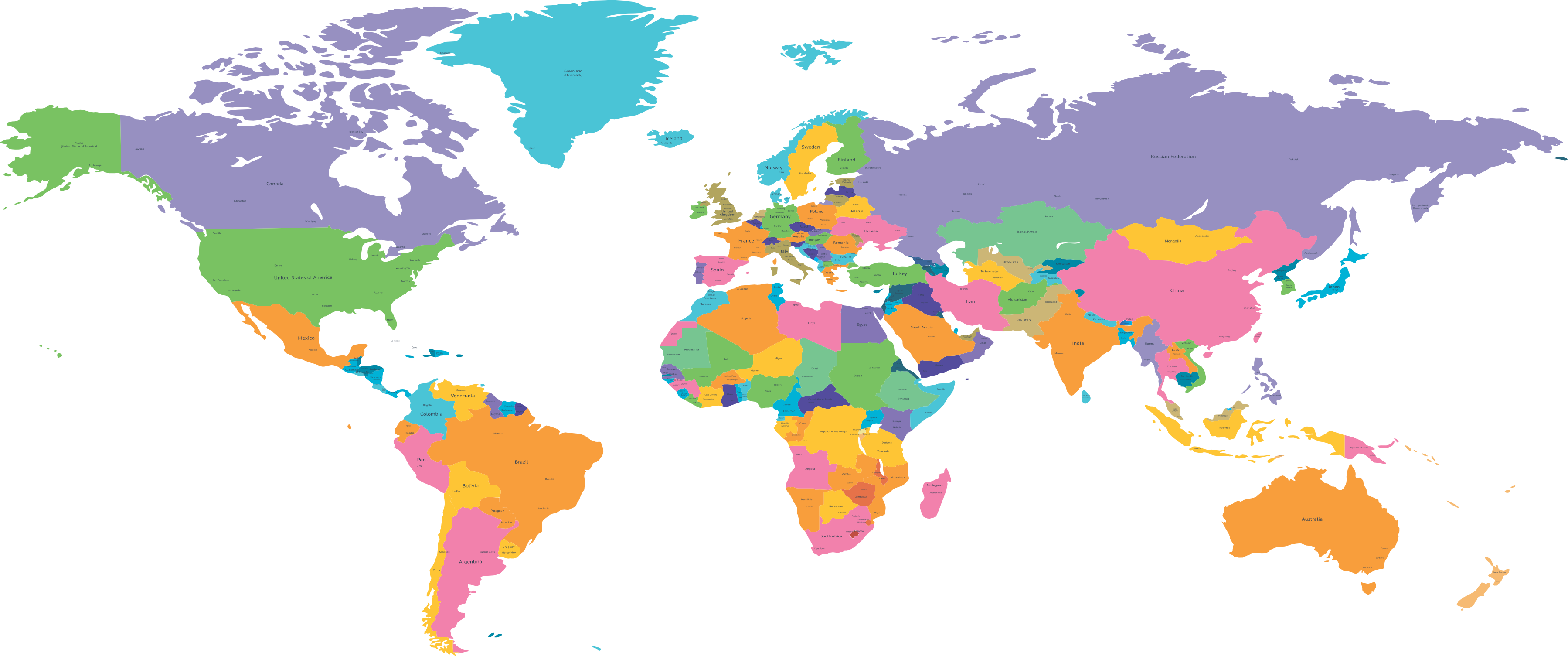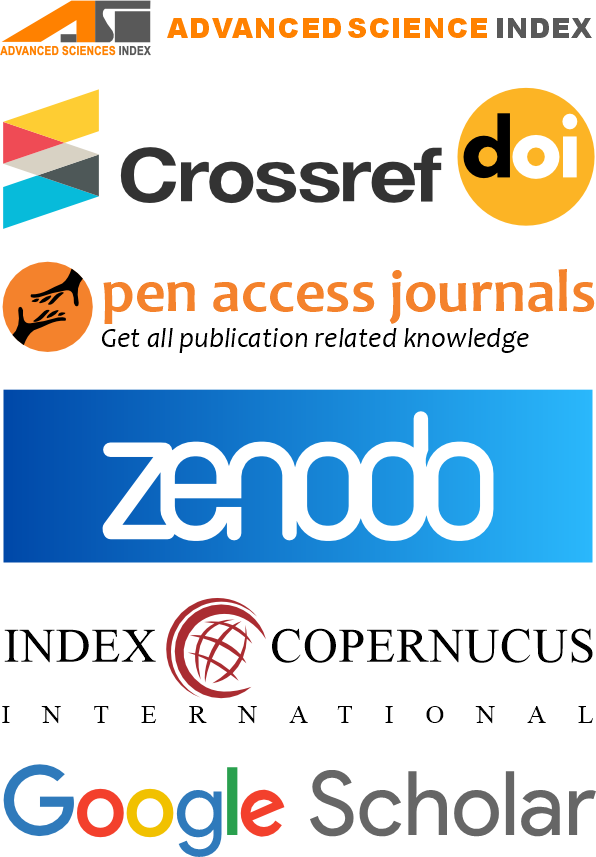Securing Sustainable Development Goal- 6 in Pakistan: A Framework for Clean Water and Sanitation
DOI:
https://doi.org/10.62997/rl.2025.41035Keywords:
Clean Water, Sanitation, Hygiene, Sustainable Development, Global Health, Human RightsAbstract
This paper aims to provide a comprehensive overview of the current state of Sustainable Development Goal 6 in Pakistan, along with a detailed study to address the issue. SDG 6 remains unfulfilled in Pakistan for several reasons, as millions lack access to clean drinking water, proper sanitation, and sufficient water for other essential uses. According to the research studies, Pakistan's water and sanitation facilities are plagued by improper water usage and inadequate financing, and the most significant factor is a lack of infrastructure. A qualitative research method is employed, and an analytical research design is applied to conduct this study. This research presents a robust framework that focuses on strengthening institutions, better government policies, promoting behavioral change and hygiene awareness, upgrading water and sanitary facilities, and improving financing policies for these services. The study also stresses the needs of the disadvantaged population, which comprises women, children and other susceptible groups. The study recommends the collaborative efforts of government institutions, international agencies, local communities, stakeholders, and civil society to achieve SDG 6. It is suggested to influence and encourage practice and policy and ensure that every citizen of Pakistan has access to cost-effective, hygienic water and sanitary facilities.
References
AHMAD, F. (2023). Water Scarcity: Causes And Security Implications for Pakistan. Journal of Positive School Psychology, 1986-1999. https://journalppw.com/index.php/jpsp/article/view/17496
AHMAD, M. (2003). Agricultural productivity, efficiency, and rural poverty in irrigated Pakistan: A stochastic production frontier analysis. The Pakistan Development Review, 219-248. http://www.jstor.org/stable/41260541
Asif, M., Nisar, M., & Malik, S. (2023). Analyzing Imran Khan’s billion tree tsunami initiative from Eco linguistic perspective: Assessing its environmental implications for Pakistan. Panacea Journal of Linguistics & Literature, 2(2), 1-17. https://doi.org/10.59075/pjll.v2i2.270
Gany, A. H. A., Sharma, P., & Singh, S. (2019). Global review of institutional reforms in the irrigation sector for sustainable agricultural water management, including water users’ associations. Irrigation and drainage, 68(1), 84-97. https://doi.org/10.1002/ird.2305
Hamdy, A., Ragab, R., & Scarascia-Mugnozza, E. (2003). Coping with water scarcity: water saving and increasing water productivity. Irrigation and Drainage, 52(1), 3–20. https://doi.org/10.1002/ird.73
Hussain, M. M., Iqbal, A., & Abbas, S. J. (2025). Water, Sanitation, Hygiene Facilities and Economic Well‐Being: A Multilevel and Spatial Analysis in Punjab, Pakistan. Journal of International Development, 37(2), 405-419. https://doi.org/10.1002/jid.3964
Kahlown, M. A., & Majeed, A. (2003). Water-resources situation in Pakistan: challenges and future strategies. Water Resources in the South: present scenario and future prospects, 20, 33-45.
Mansuri, G., Sami, M. F., Ali, M., Doan, H. T. T., Javed, B., & Pandey, P. (2018). When water becomes a hazard: A diagnostic report on the state of water supply, sanitation and poverty in Pakistan and its impact on child stunting (No. 131860, pp. 1-151). The World Bank.
Mujtaba, G., Shah, M. U. H., Hai, A., Daud, M., & Hayat, M. (2024). A holistic approach to embracing the United Nation's Sustainable Development Goal (SDG-6) towards water security in Pakistan. Journal of Water Process Engineering, 57, 104691. https://doi.org/10.1016/j.jwpe.2023.104691
Mumtaz, M., Sumra, K., & Khan, K. (2020). National water policy of Pakistan: A critical analysis. Journal of Managerial Sciences, 14(4). https://journals.qurtuba.edu.pk/ojs/index.php/jms/article/view/124
Murtaza, G., & Zia, M. H. (2012, May). Wastewater production, treatment and use in Pakistan. In the Second regional workshop of the project ‘safe use of wastewater in agriculture (pp. 16-18). Faisalabad, Pakistan: University of Agriculture.
Nasir, M. H., Habib, A., & Yousaf, M. (2022). Climate Change and Media Representation: A Multimodal Discourse Analysis of Clean Green Pakistan Policy from Eco-linguistic Perspective. University of Chitral Journal of Linguistics and Literature, 6(I), 198-211. https://doi.org/10.33195/accp6039
Nazli, S., Liu, J., Wang, H., & Soomro, S. E. H. (2024). Water resources in Pakistan: a comprehensive overview and management challenges. Journal of Water and Climate Change, 15(10), 491. https://doi.org/10.2166/wcc.2024.415
Noureen, A., Aziz, R., Ismail, A., & Trzcinski, A. P. (2022). The impact of climate change on waterborne diseases in Pakistan. Sustainability and Climate Change, 15(2), 138-152. https://doi.org/10.1089/scc.2021.0070
Qamar, K., Nchasi, G., Mirha, H. T., Siddiqui, J. A., Jahangir, K., Shaeen, S. K., ... & Essar, M. Y. (2022). Water sanitation problem in Pakistan: A review on disease prevalence, strategies for treatment and prevention. Annals of Medicine and Surgery, 82. https://doi.org/10.1016/j.amsu.2022.104709
Qureshi, R., & Ashraf, M. (2019). Water security issues of agriculture in Pakistan. PAS Islamabad Pak, 1, 41
Rasheed, H., Altaf, F., Anwaar, K., & Ashraf, M. (2021). Drinking water quality in Pakistan: Current status and challenges. Pakistan Council of research in water resources (PCRWR), Islamabad. All rights reserved by PCRWR. The authors encourage fair use of this material for non-commercial purposes with proper citation, 141.
Sajjad, H., & Ghaffar, A. (2019). Observed, simulated, and projected extreme climate indices over Pakistan in terms of changing climate. Theoretical and Applied Climatology, 137, 255-281. https://doi.org/10.1007/s00704-018-2573-7
Toor, I. A., & Butt, M. S. (2003). Socioeconomic and environmental conditions and diarrheal disease among children in Pakistan. The Lahore Journal of Economics, 8(1), 25-43. https://nja.pastic.gov.pk/LJE/index.php/LJE/article/view/108
Umar, T., Opoku, A., Umeokafor, N., & Ahmed, S. I. (2024). The built environment's contribution to the progress of the sustainable development goals. In The Elgar Companion to the Built Environment and the Sustainable Development Goals (pp. 58-82). Edward Elgar Publishing.
Winston, H. Y. (2013). The Indus Basin of Pakistan: The impacts of climate risks on water and agriculture. World Bank publications.




